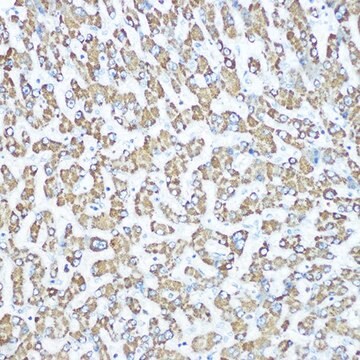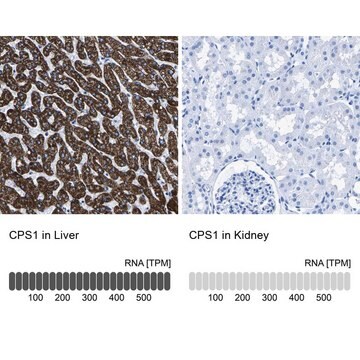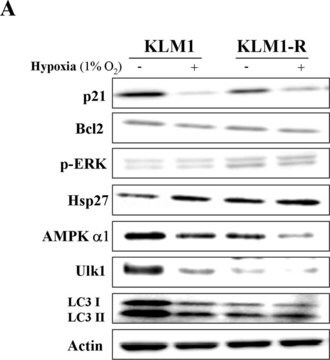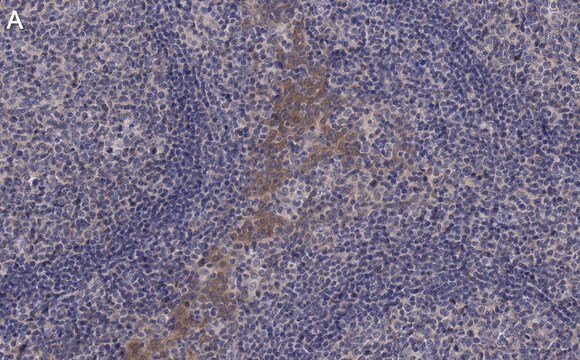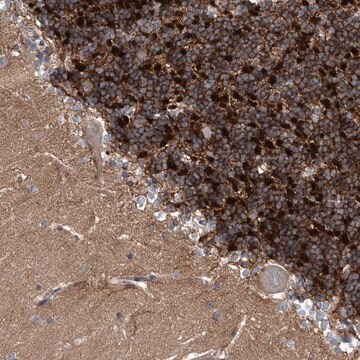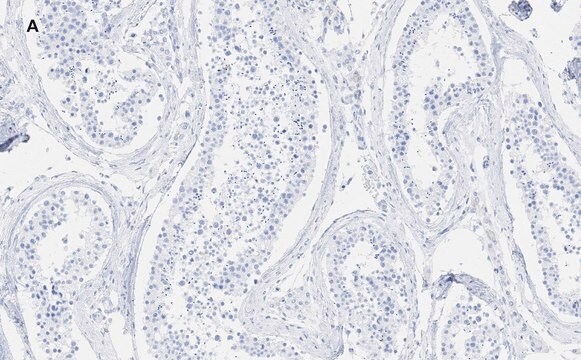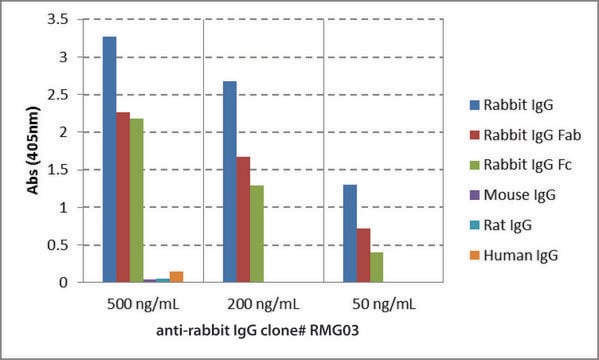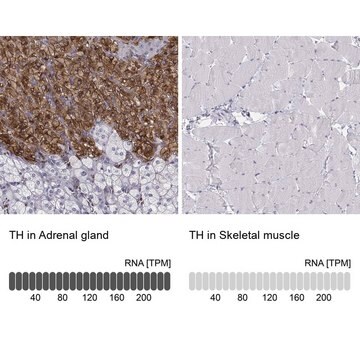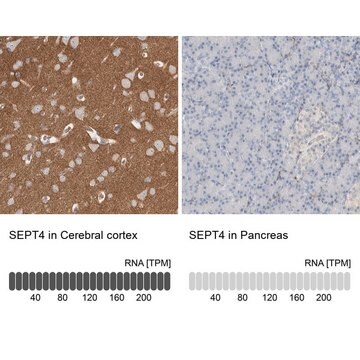SAB5701819
Anti-Phospho-PKC alpha-S657/Y658 antibody produced in rabbit
About This Item
Productos recomendados
biological source
rabbit
Quality Level
antibody product type
primary antibodies
clone
polyclonal
form
liquid
species reactivity
mouse, human
concentration
0.94 mg/mL
technique(s)
western blot: 1:500-1:2000
UniProt accession no.
shipped in
wet ice
storage temp.
−20°C
target post-translational modification
phosphorylation (pSer657/pTyr658)
Gene Information
human ... PRKCA(5578)
General description
Immunogen
Physical form
¿No encuentra el producto adecuado?
Pruebe nuestro Herramienta de selección de productos.
Storage Class
12 - Non Combustible Liquids
wgk_germany
WGK 1
flash_point_f
Not applicable
flash_point_c
Not applicable
Elija entre una de las versiones más recientes:
Certificados de análisis (COA)
¿No ve la versión correcta?
Si necesita una versión concreta, puede buscar un certificado específico por el número de lote.
¿Ya tiene este producto?
Encuentre la documentación para los productos que ha comprado recientemente en la Biblioteca de documentos.
Nuestro equipo de científicos tiene experiencia en todas las áreas de investigación: Ciencias de la vida, Ciencia de los materiales, Síntesis química, Cromatografía, Analítica y muchas otras.
Póngase en contacto con el Servicio técnico